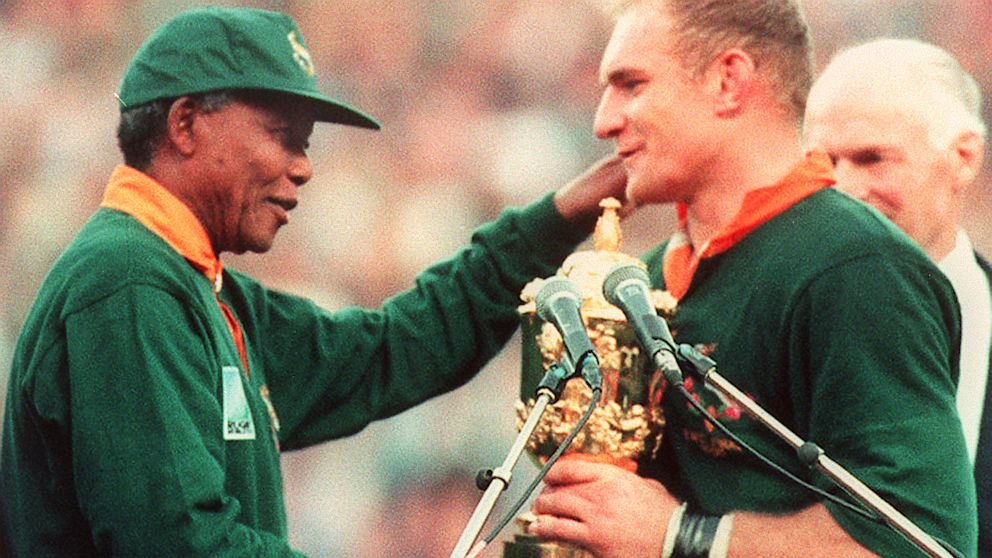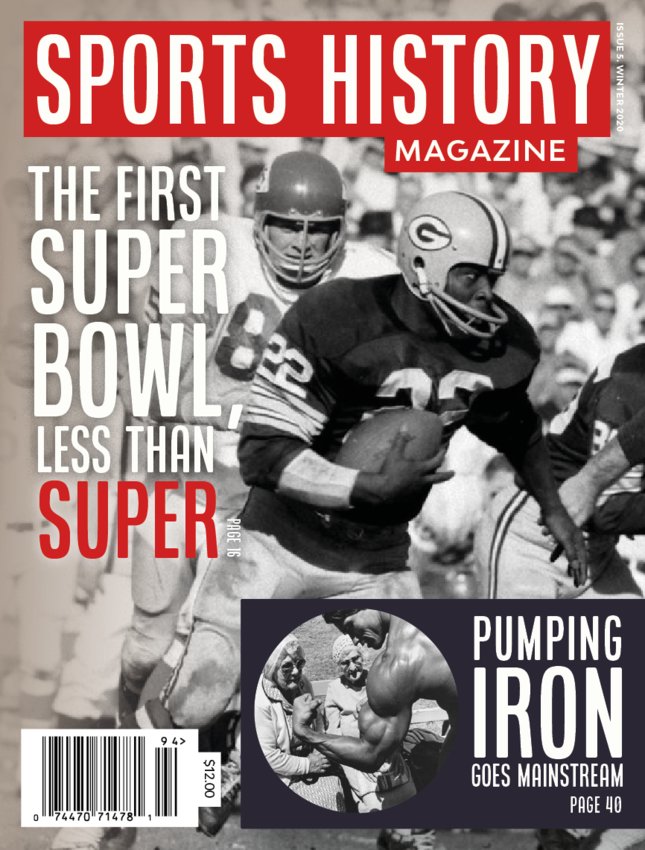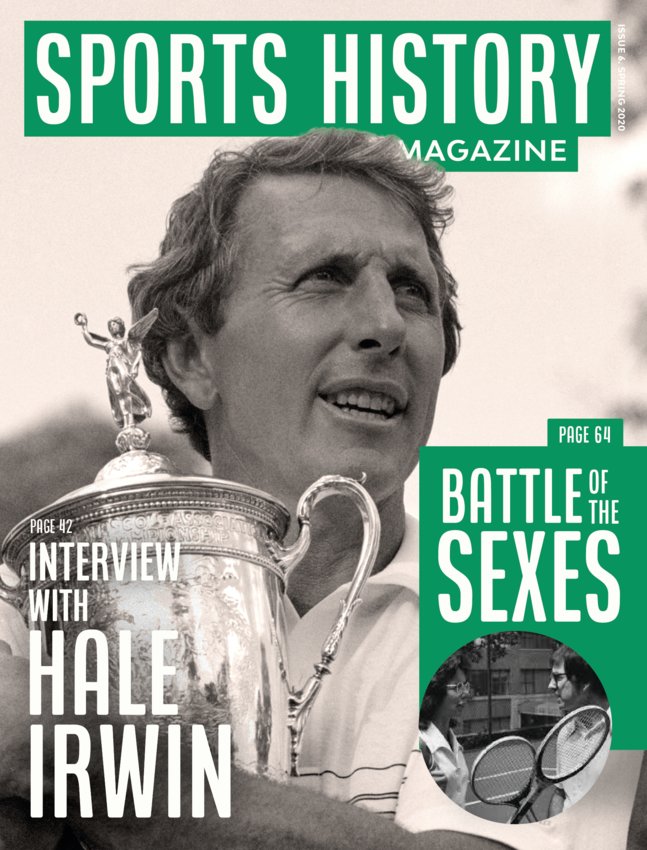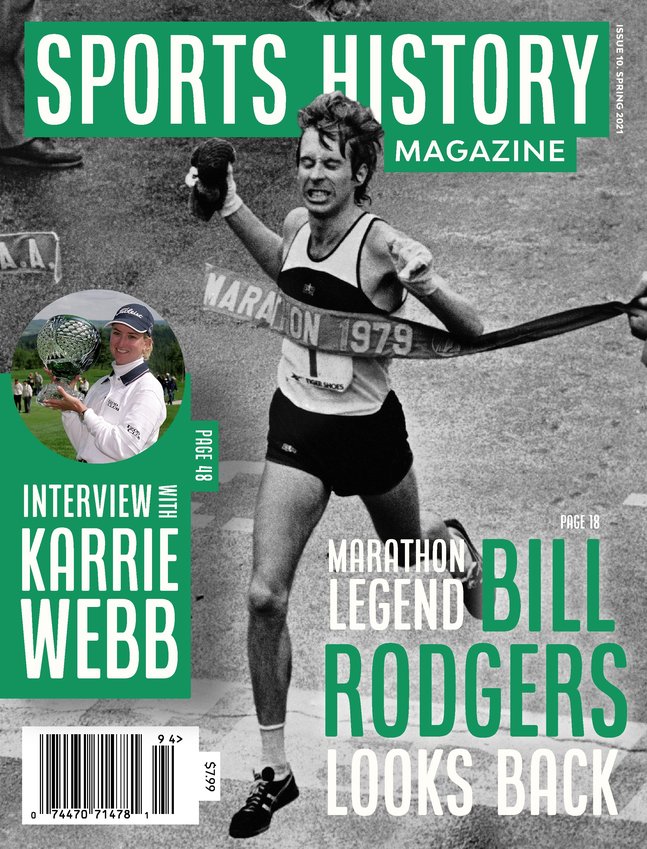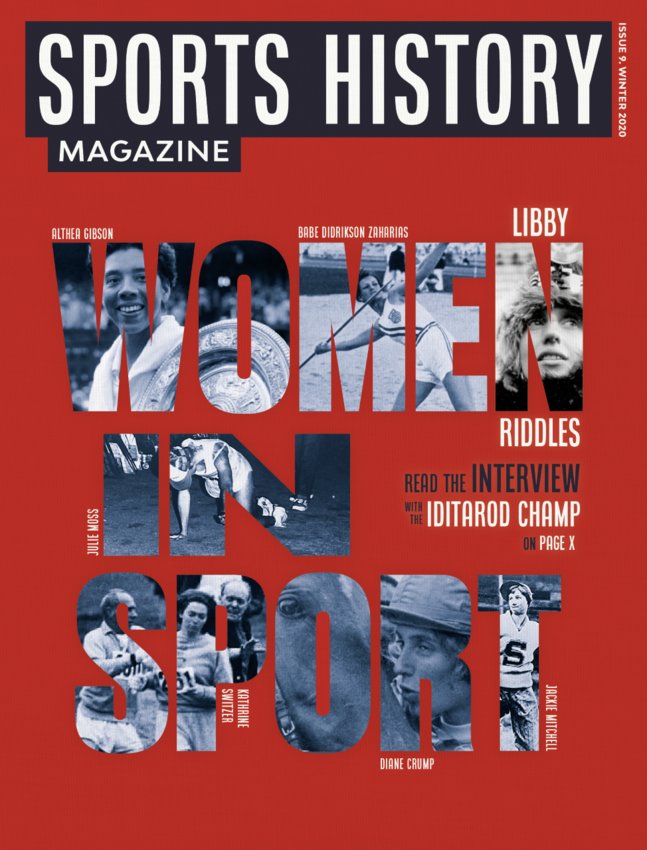"The 16th Man"
“Sport has the power to change the world”- Nelson Mandela.
Covering the intersection of sports and politics at a critical juncture in South Africa’s history, “The 16th Man” is an engaging and highly recommended documentary released by ESPN’s Emmy award-winning ’30 for 30’ series. Emphasizing sport as a unifying force between peoples and cultures, the 52-minute film captures the profound impact that the 1995 Rugby World Cup had on a nation torn by racial violence. Narrated by Morgan Freeman and directed by Clifford Bestall, “The 16th Man” captures a moment in time that offers a lesson for humanity and a slice of history for posterity.
In 2019, South Africa won the Rugby World Cup under the leadership of their first ever black captain, Siya Kolisi. Half a dozen players in the starting lineup were non-whites and about a third of the total 31-man squad were black or mixed race. When I saw the pictures of Kolisi with South African President, Cyril Ramaphosa, both wearing the number 6 Springbok jersey, it took me back a quarter of a century when the country raised the Webb Ellis trophy for the first time. The indelible image of Springbok’s then captain, Francois Pienaar, standing in celebration next to the country’s first black President, Nelson Mandela, was a watershed moment in a tumultuous period between blacks and Afrikaners (white South Africans).
In 1995, the South African team fielded just one black player, a winger by the name of Chester Williams. For decades, the country was banned from participating in international sports tournaments due to its apartheid laws, which kept the majority black population under the yoke of a minority white government. A pariah nation, South Africa could not compete in prestigious sporting events such as the Olympics, or FIFA’s soccer World Cup. In 1987, when the Rugby World Cup was inaugurated in Australia and New Zealand, the Afrikaners were shut out from their most popular sport. That all came to a head in 1990 when Mandela was released from prison and apartheid was unraveled.
South African rugby fans are as passionate about their sport as their soccer counterparts are in South America and Europe. Afrikaners were playing rugby as far back as 1891, competing against squads from the British Isles and the far-flung outposts of Australia and New Zealand. Nicknamed the Springboks after the native antelopes that roam the continent’s southern plains, the national team racked up impressive wins around the world but the shadow of apartheid always followed. In 1967, New Zealand’s All-Blacks canceled their tour to South Africa after Pretoria denied competition against Maori players. By the 1970s, the Springboks were contending with hostile demonstrations on their trips abroad, even playing behind barbed wire fences to keep protesters off the field.
“The 16th Man” highlights more than just a sporting achievement for a troubled country. The film transcends the drama on the pitch and delves into what the Springboks represented to the psyche of whites and blacks before and after apartheid was dismantled. A source of national pride for the Afrikaners, rugby for blacks was a symbol of brutality and oppression. When Nelson Mandela emerged from prison after 27 years of incarceration, instead of showing hatred to his former jailers he reached out with an olive branch. Sport, and rugby specifically, became one of the rallying points for reconciliation. In 1993, the South African government, now a coalition led by Willem de Klerk and the black political party ANC, won the rights to host the 1995 Rugby World Cup.
A shrewd visionary, Mandela managed not only to persuade whites to accept a new beginning, but he also convinced black leaders that compromise was necessary for the nation to heal its deep racial scars. Many wanted to scrap the near century-old Springbok name and moniker that they associated with the apartheid system, but he saw the bigger picture and fought against his allies to retain the uniform. In April, 1994, Mandela was elected as the first black president of South Africa. A year later, the former political prisoner was wearing the Springbok shirt in front of millions of viewers, celebrating his nation’s victory at the Rugby World Cup.
15 countries descended on South Africa at the end of May, 1995 to contest the third edition of the highly anticipated rugby event. Not only was the country hosting its first such tournament, but it was also participating in it for the first time. With South African flags flying ubiquitously across cities, towns and villages, the battle cry was ‘One Nation, One Team’. The opening game pitched the hosts against the reigning world champions, Australia. The Springboks defeated the Wallabies 27-18, igniting a spark of euphoria that would repeat itself through the month of June. The day after, the South African squad visited Robben Island where Mandela had spent many years holed up against his will. As Bestall notes in the documentary’s interviews with players, walking through those cells and corridors brought home the significance of their moment in history.
The Boks easily put away Romania and Canada to sweep their group stage. At the quarter-finals, they once again prevailed with a wide margin by taking out Western Samoa 42-14. Cruising to the semi-finals, the weather nearly ended it all when a huge downpour hit Durban. Three times the players warmed up on the pitch and three times they returned to the changing rooms. If the game could not go ahead that night, France would be handed the victory due to their better disciplinary record in the tournament. But the match proceeded and Pienaar led his team to a 19-15 win. The showdown with New Zealand for the ultimate rugby prize was now looming.
On June 24th, 60,000 fans packed Ellis Park Stadium in Johannesburg to witness 80 minutes of rugby that could help shape the future of a nation. But of course, it wasn’t that simple. The back and forth drama on the field between the Springboks and the All-Blacks culminated with a 12-12 tie in regulation, sending the match into overtime. Both teams scored again, but then came Joel Stransky’s drop goal that won it for the hosts, 15-12. As the stadium and the country erupted in jubilation, Mandela stepped on the field and waved his Springbok cap to the unified chant echoing in the stadium, “Nelson, Nelson, Nelson”. And as he presented the trophy to the team captain, the 16th man of the 15-man team said, “thank you very much for what you’ve done for this country”.
Michael Renouf is a freelance writer and film critic. His work can be viewed at www.michaelrenouf.com

